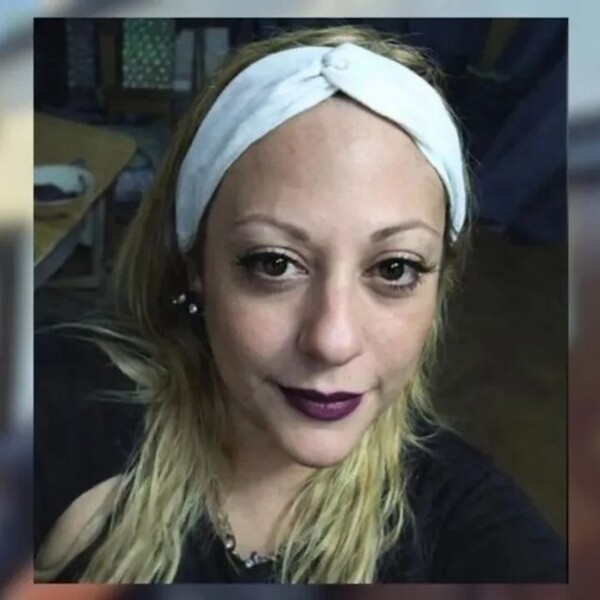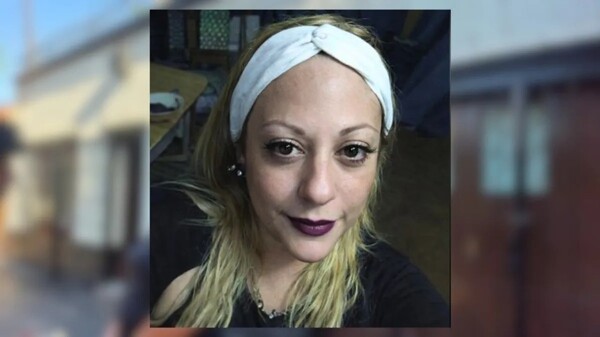
Lourdes Arrieta, national deputy for Mendoza, shared in an interview with El Tiempo de San Juan details of her childhood marked by her political family background. She recalled controversial moments in her career, such as the Kawaii duck scandal and her controversial visit to repressors in prison, which led her family to move to Mendoza in search of medical treatment. In that province, she grew up and forged her political path to become a representative in Congress.
In the interview, Arrieta revealed her early passion for politics and, despite expressing criticisms, showed her support for the president. However, she anticipates a challenging 2025 due to economic instability. Looking to the future, she does not rule out running for the governorship of Mendoza, considering that the province needs strong leadership, distancing herself from the current governor whom she characterizes as having Kirchnerist inclinations.
With plans to found her own political party, Arrieta stated that she is preparing to continue her political career, convinced of making a change in the region. After separating from La Libertad Avanza, she created her bloc "Las Fuerzas del Cielo" and generated controversy by mentioning that she had to pay to be a candidate in 2023.
Arrieta's family history is marked by a political tradition and a military past. A graduate in Social Communication and a National Broadcaster, she decided to enter politics to contribute to changes. Her maternal grandfather was a Peronist union leader and her father a combatant in the Falklands War. Although she aligned with the ideas of Javier Milei, her quick entry into politics led her to become a candidate for deputy in 2023, obtaining a seat in Congress despite being in third place on the list.
Her experience in La Libertad Avanza was brief, as she noticed that the economic adjustment disproportionately impacted vulnerable sectors instead of the political "caste," which led to her departure and the formation of her independent political bloc.














